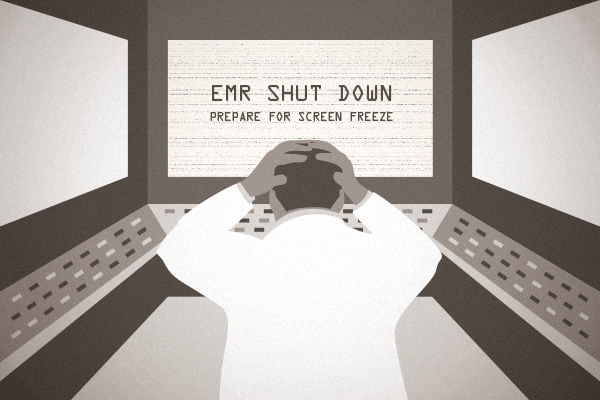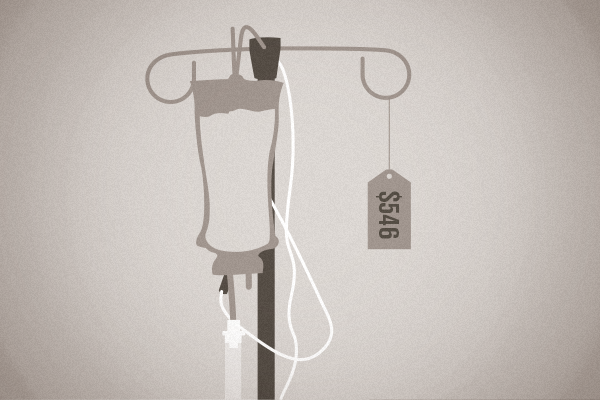Sean Parnell reached out to us recently, expressing support of our cash-for-service model of primary care. We’re glad he did. Turns out he runs a blog called The Self Pay Patient and it’s a helpful resource for “tens of millions of Americans who are either uninsured, have high-deductible health insurance, or just want to escape from bureaucratic medicine…”
His blog entries are the basis of a book he’s currently writing that will be “a ‘users guide’ to self-pay medicine, explaining in detail how to find doctors, hospitals, pharmacies, and other providers of health care goods and services…”
He recently wrote about a patient who needed knee surgery and benefitted indirectly from cash-only medicine. The first hospital he visited wanted an out of pocket payment (he had a “good” insurance plan) that was MORE than the cost of the whole operation at the Surgery Center of Oklahoma, a cash-only facility. In the end, the patient used price transparency to negotiate and save about $3,000 on his procedure.
READ THE COMPLETE STORY ON ABC NEWS
Once more we see the power of the market, and price transparency, in making healthcare more readily available. We believe it’s worth writing down — every direct primary care practice and every cash-only hospital that offers competitive, cost-saving procedures, treatments, prescriptions, etc. puts pressure on the insurance companies to treat clientele more fairly. Cheers to Mr. Parnell’s blog for keeping a record of these establishments and spreading awareness of their benefits.





